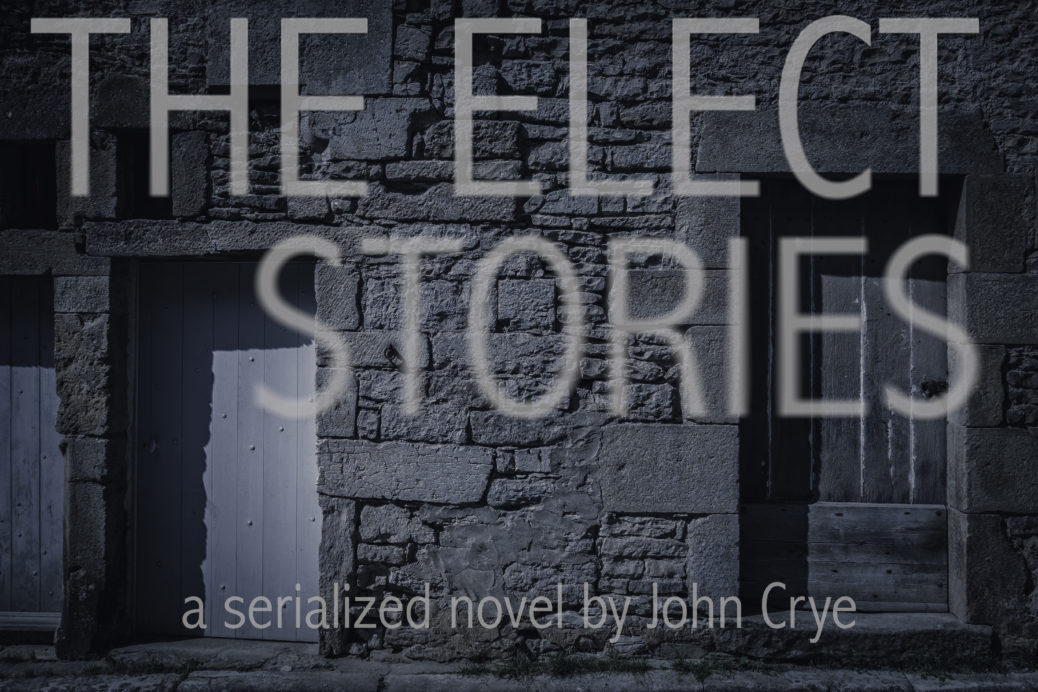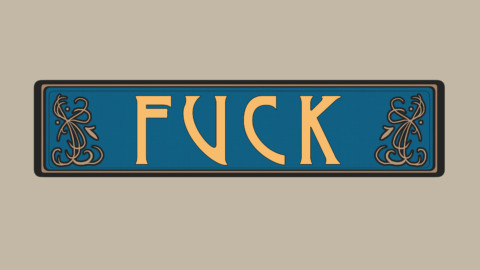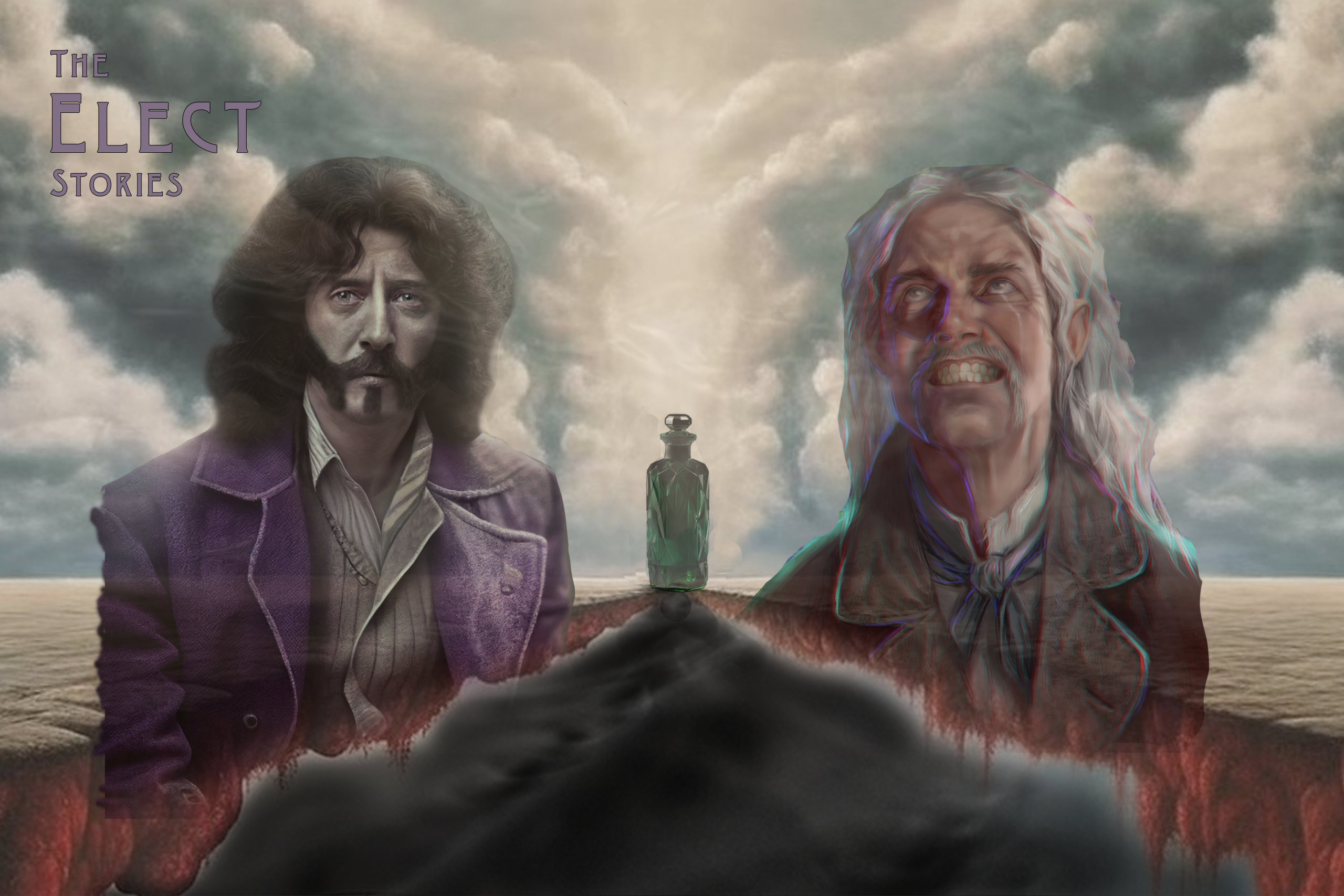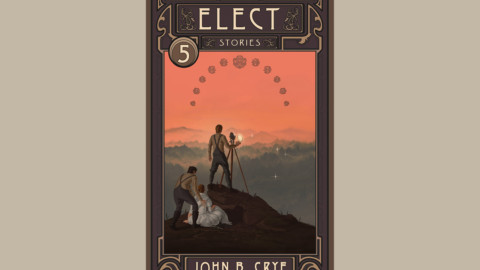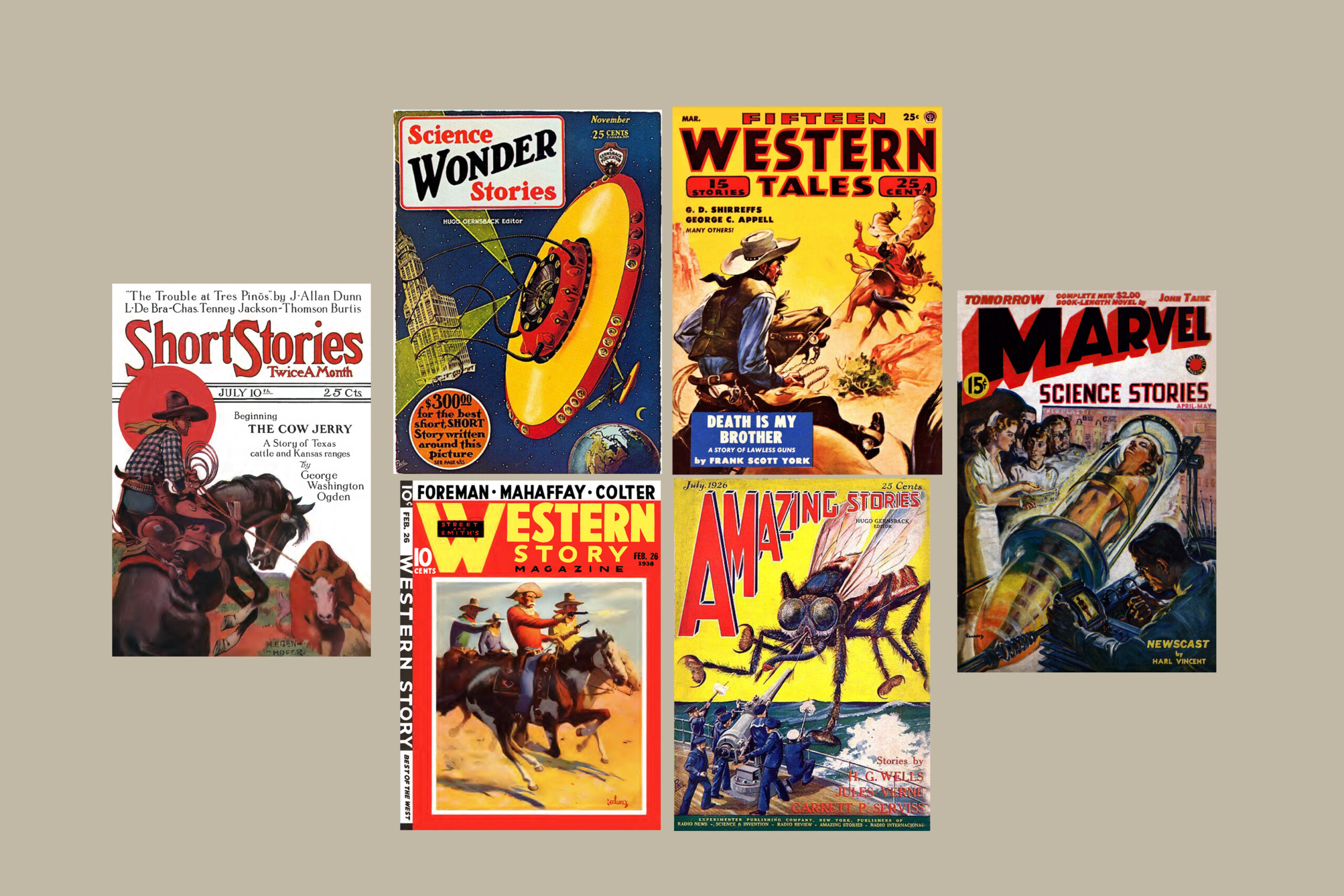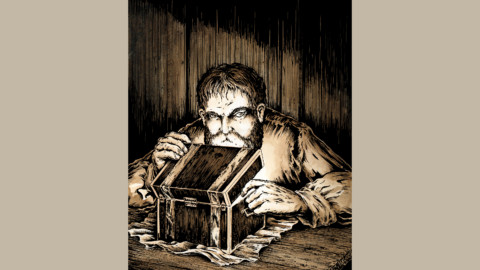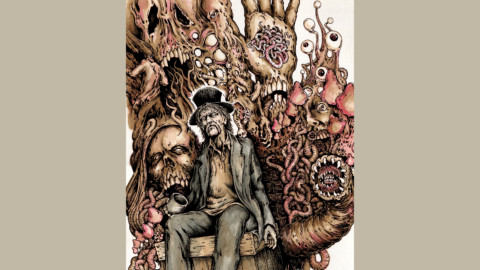I enjoy working with other writers as a coach, editor or general sounding board. It’s something that I do quite a lot with my consulting service. As with any coach, I apparently have some favorite aphorisms that come up more often than others. One that comes up a lot is the old chestnut, “Write what you know.” When I released the first chapter of “The Elect Stories” last week, one of my clients asked me how that logic applied to the writing of a Fantasy novel.
I was tempted to answer that “I know Fantasy,” but that a) wouldn’t be a good enough reason to write a novel, and b) it isn’t true. I love the Fantasy genre, but to say that I “know Fantasy” risks invoking the snarky wrath of my circle of friends, most of whom are far better read that I. If I know anything about Fantasy, though, it is the vocabulary of the genre, the archetypes that give Fantasy its shape, like the callow youth, the helpful sage, the dark lord and umpteen other characters from good ole Joe Campbell’s menagerie. I don’t know why the archetypes of Fantasy appeal to me so much – as opposed to, say, the archetypes of Westerns or Science Fiction. I suppose I don’t really care to know, either. I don’t know what I would do with that information.
It really wasn’t until beta readers began turning in their notes on the book that I realized what I had written and why. One of the questions that I asked the readers was what themes emerged from the work. I had assumed that I knew all of the themes present and, based on their notes, I would edit to highlight the stand-outs. The notes that came back were surprising, though. Readers noted themes that I had neither consciously intended nor recognized. They cited themes of grief and mourning, the challenges of parenting, and the painful reevaluation of self that comes with approaching middle age. As a 47 year old father of two who wrote the book during a period of my life that involved the death of my brother and step-father, a major change of career, and a divorce, maybe I should have anticipated that these elements would be present in my writing. Seems obvious, but honestly I did not. You see, I thought I was writing a Fantasy story. I was thinking of plot and genre archetypes. I was writing in a vocabulary that made me happy and comfortable and safe. And in that safe space, my unconscious told its own story.
So here’s the take-away: Write HOW you know. Write how you love to write. Write in the way that makes you feel open and honest, even if that means writing a genre or a style that might seem odd, or goofy or inconsequential to someone else, or to the terrible voice of The Other inside your own head. Because it doesn’t matter what is being written, just HOW it is being written. If it is being written openly and honestly, the WHY of the writing will become obvious.
Check out the first chapter of my book, “The Elect Stories” for free at www.theelectstories.com
Learn more about my writers’ coach services at www.truedev.sharpcrye.com
Thanks,
John.
